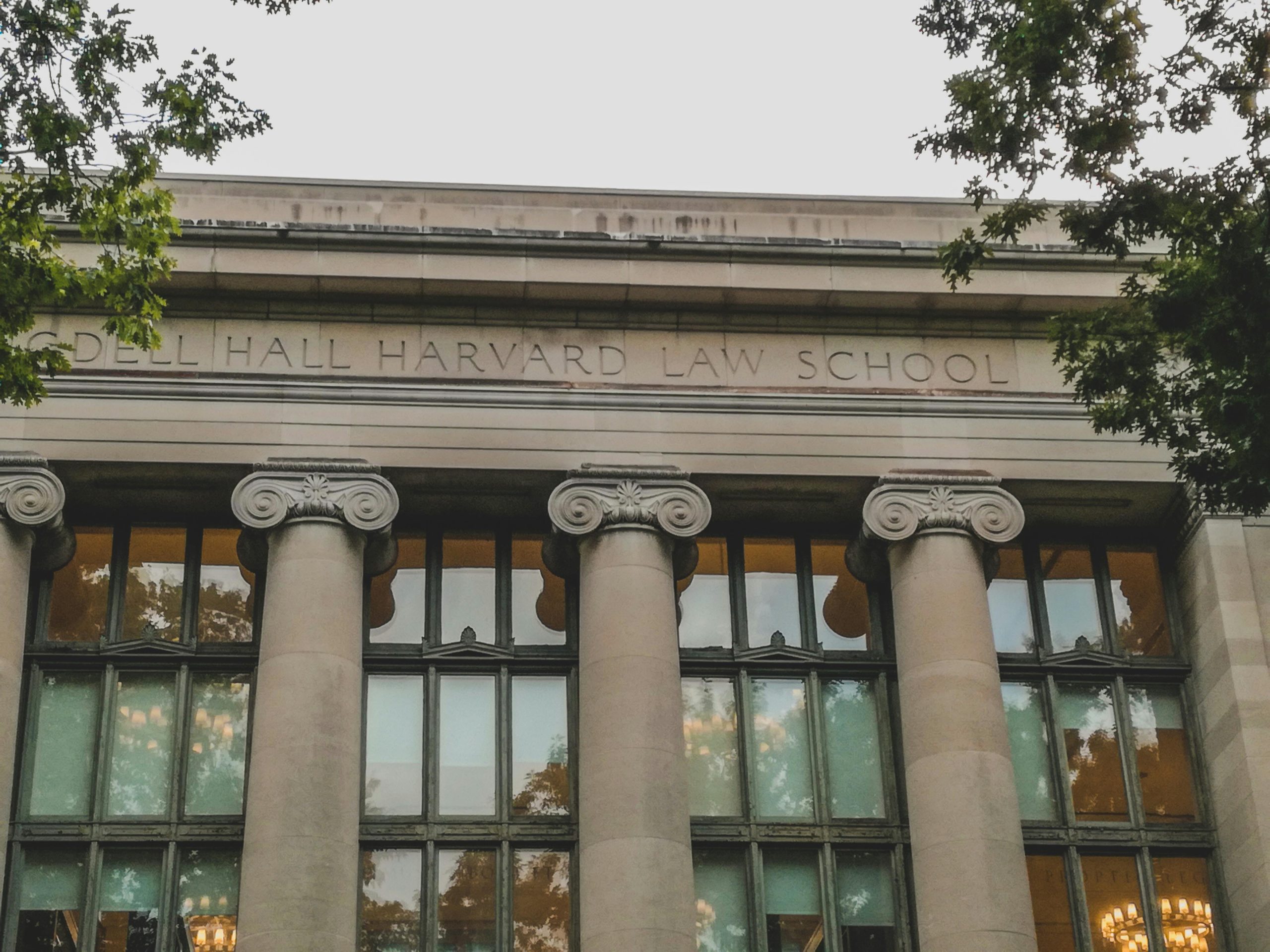Navigating Educational Choices: Ethics and Equity in Public School Advocacy
In the realm of educational advocacy, a compelling debate centers around the ethics and fairness of families actively challenging public school systems to secure appropriate resources for their children. Specifically, the question arises: Is it more just for families to invest personal funds into private interventions or to rely on legal action against school districts to ensure their child’s educational needs are met?
This discussion is rooted in broader philosophical considerations about public education’s role and the responsibilities of families within it. Many educators and policymakers ponder what actions promote the most equitable outcomes for all students—whether advocating within the system or seeking external solutions.
For those working within public education, a common concern is the ethics of families who file legal complaints or lawsuits against school districts to obtain services that the mainstream classroom fails to provide. Critics argue that such legal actions divert limited public resources, potentially impacting the quality of education for other students. When a family employs legal avenues, the funds used could be seen as taking away from the overall educational budget, raising questions about fairness.
Conversely, supporters contend that families with access to legal resources can use their influence to push districts toward systemic improvements. In this view, legal challenges can serve as catalysts for reform, ultimately benefiting all students—especially those with unique needs who may otherwise be underserved. Moreover, when families choose to finance specialized services privately, it might relieve pressure on public systems, allowing districts to reallocate resources more effectively.
Public education has long been a personal value of mine. I believe that if it is possible for a child to thrive within the public school system, parents should strive to make it work. When too many children—particularly those with special needs—are pushed out of public schools due to systemic shortcomings, it can undermine the very foundation of accessible, equitable education.
Ultimately, it’s crucial to remember that each child is a unique individual, not merely a reflection of parental values or ideological beliefs. For my own family, my child’s well-being and specific needs come first. We’ve come to understand that, for children with certain conditions, traditional public schooling may pose significant challenges. As we prepare to navigate this journey, I reflect on the importance of balancing advocacy, ethical considerations, and the pursuit of the best possible educational environment for each child.
This ongoing conversation highlights the complex interplay between individual rights and collective responsibility in shaping a fair and effective education system for all.
